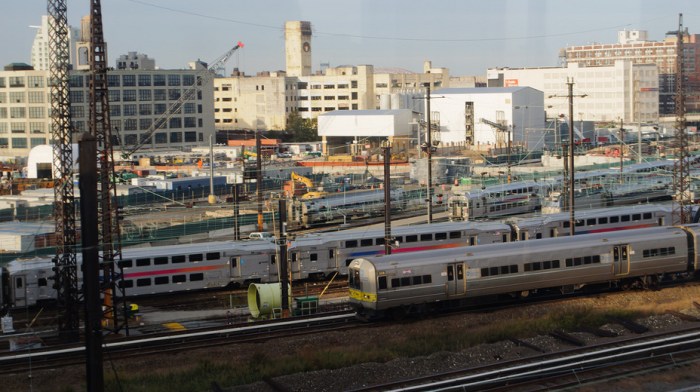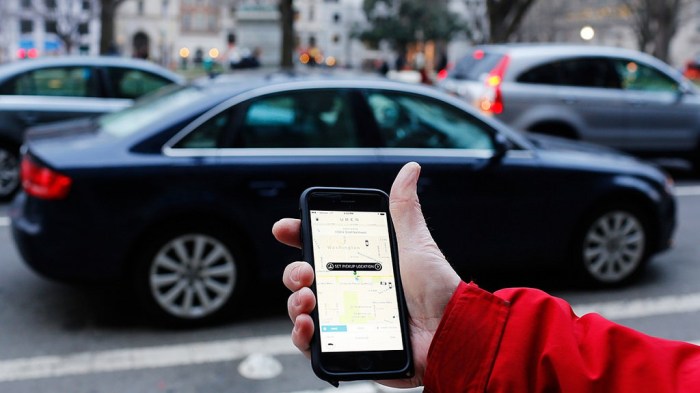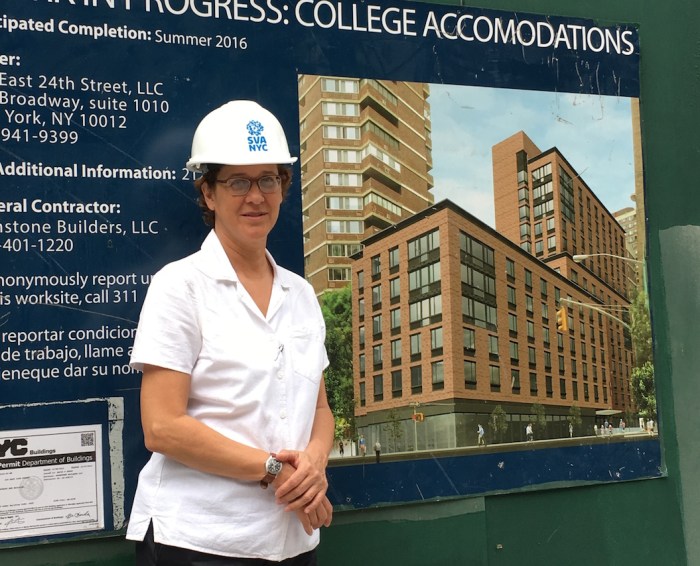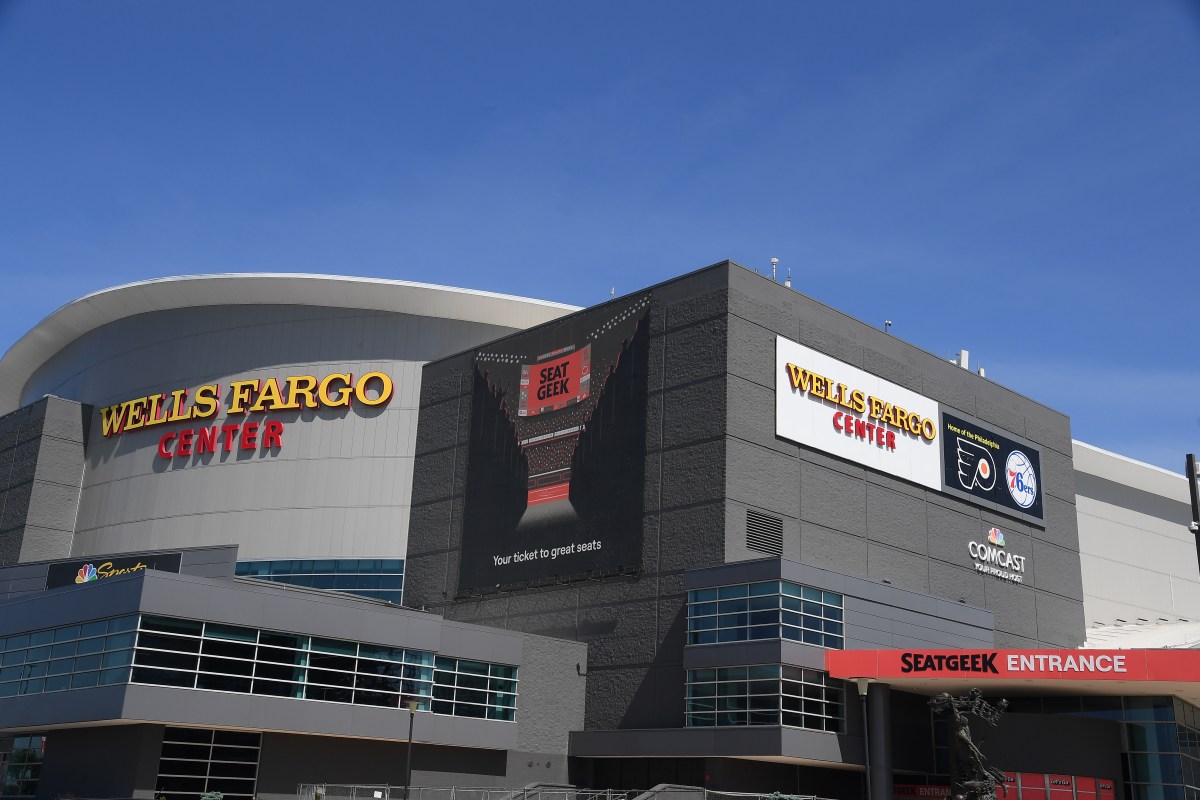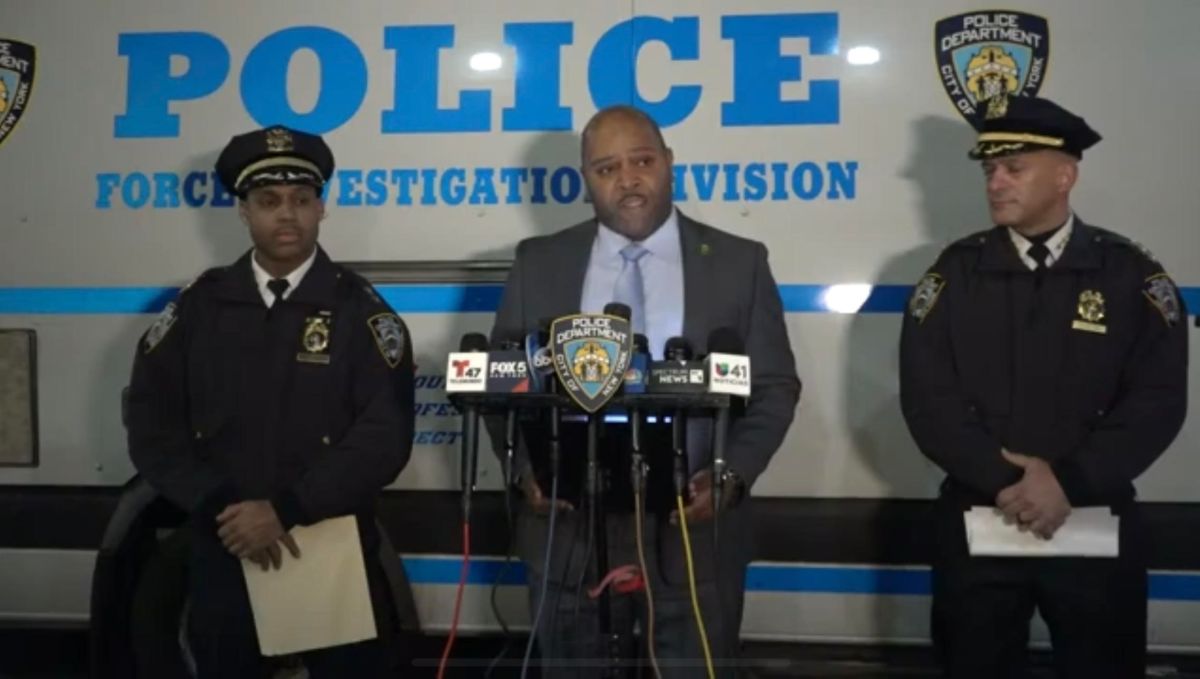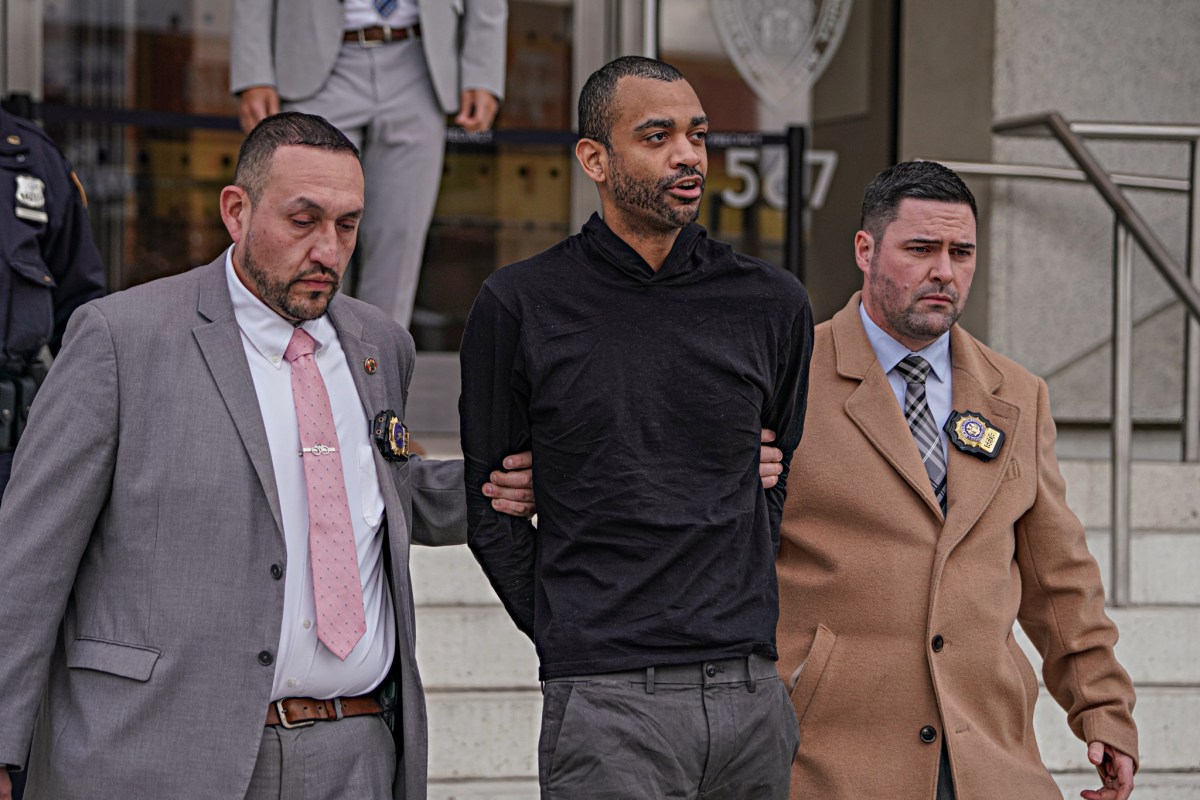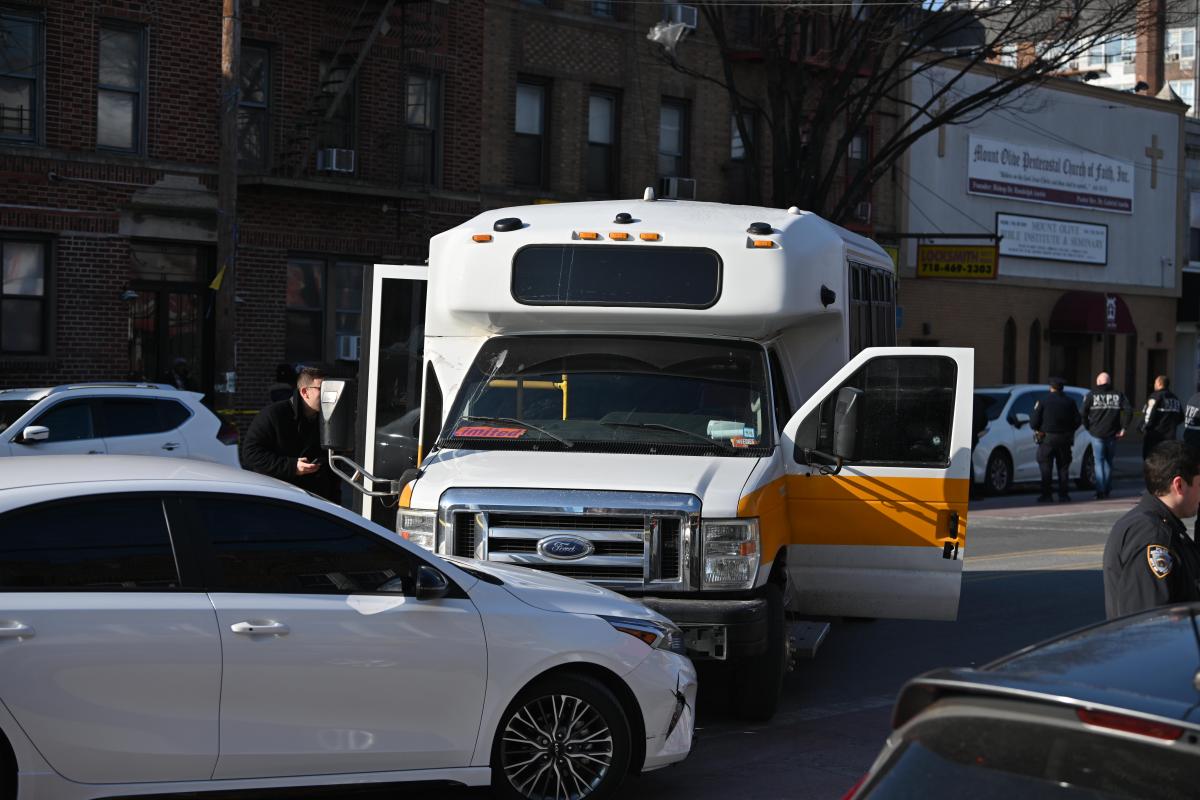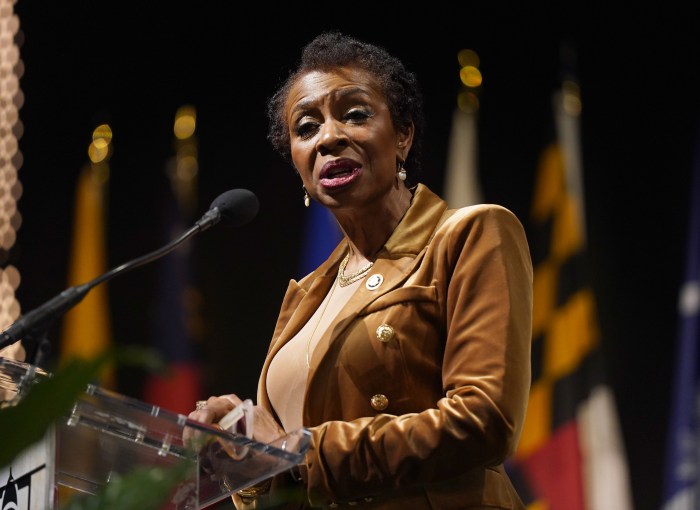The $183 million renovation of the George Washington Bridge bus terminal in Upper Manhattan, which began eight years ago, will not be completed by its December 2016 target, according to developers. Lawmakers and locals are stunned by the problematic delay that affects 5 million annual riders of NJ Transit buses and other carriers, as well as thePort Authority of New York and New Jersey’s apparentlack of forthrightness. “It has tremendous impact on the thousands coming in and out every day. It’s not minor. It’s major,” Chair of Community Board 12 Shah A. Ally told Metro. “We would have liked to see more diligence on the Port Authority. More troubling is the lack of information provided about the delays… [it] puts a bad taste in our mouths. They made an enemy of the project.” Manhattan Borough President Gale Brewer said she isawaiting answers.
“My office contacted the Port Authority with a number of concerns about this terminal, including the construction delays, and they’ve said they’re getting us answers and will meet with us to provide updates this month. “The George Washington Bridge bus terminal is an economic engine for upper Manhattan and a crucial transportation link – it needs to get done.”
Since 2014, the station that anchors the busiest bridge on Earthhas been reduced to a staircase with concrete barricades improvising a landing at the corner of 179 Street and Fort Washington Avenue; arriving passengers can take another staircase on 178 Street. Scaffolding shelters a trailer for ticketing, restrooms and waiting, and a single narrow platform provides boarding for all passengers on all buses. There are no elevators or escalators, and disabled riders must call a number in advance for pickup on Fort Washington Avenue.
Port Authority spokespeople deferred all of Metro’s questions, including questions about the new bus routes and service expansion the agency promised, to the development company sharing in the project’s costs, the George Washington Bridge Bus Station Development Venture (GWBBS). GWBBS spokesperson Javier Gomez told Metro his company has advised the Port Authority that it could take until April 2017 for the station to be ready to reopen.
“Reconstruction progress of the GWB Bus Terminal has reached 90 percent completion,” Gomez said in a statement. “The final phase consists mainly of integrating and testing all of the new systems that we are putting in place, into one smooth cohesive operation. These systems include, but are not limited to, safety, energy, computers, utilities and other vital components…” The explanation for the delays centered on the difficulty of the undertaking.
“Delays stemmed from challenges of renovating a massive 1963 landmark structure, built over one of the busiest highways in the nation, connecting one of the world’s largest bridges and highway networks, in an extremely busy and populated area – while still remaining fully operational. We have had to work around thousands of passengers and hundreds of buses that continue to use the station each day,” Gomez said in a statement. The Port Authority would only say is that it has been fining GWBBS $5,000 a day since April.
The construction company, Tutor Perini,did not return calls for comment.
The overhaul of thedecrepit 1963 construction was first announced in 2008, but because of the recession, Hurricane Sandy, and myriad obstacles, the groundbreaking was shelved untilsummer 2014. The renovation plans boasted increased retail space from 30,000 to 120,000 square feet and expanded bus service and capacity. Rick Bacchus, whose company RCBS owns the 46-foot long digital screen that will be at street level – the “crown jewel” of the terminal – said he came through last week and “saw how fast they’re not working.” Bacchus estimates that while he may be lucky to have a soft opening in April, he suspects “all parts will be moving,” in June. Construction appeared to be farthest along seem to be the retail space for Marshalls, GAP, Time Warner, Blink Fitness, Fine Fare supermarket and Buffalo Wild Wings. Smaller spaces for the locally owned businesses such as Pick and Eat and Buunni Coffee, which signed leases back in 2015 and have been losing money because the developers raised rent to offset expenses, also look close to complete.

